Published on: August 20, 2023 | Written By: Coreen Joy L. Revamonte

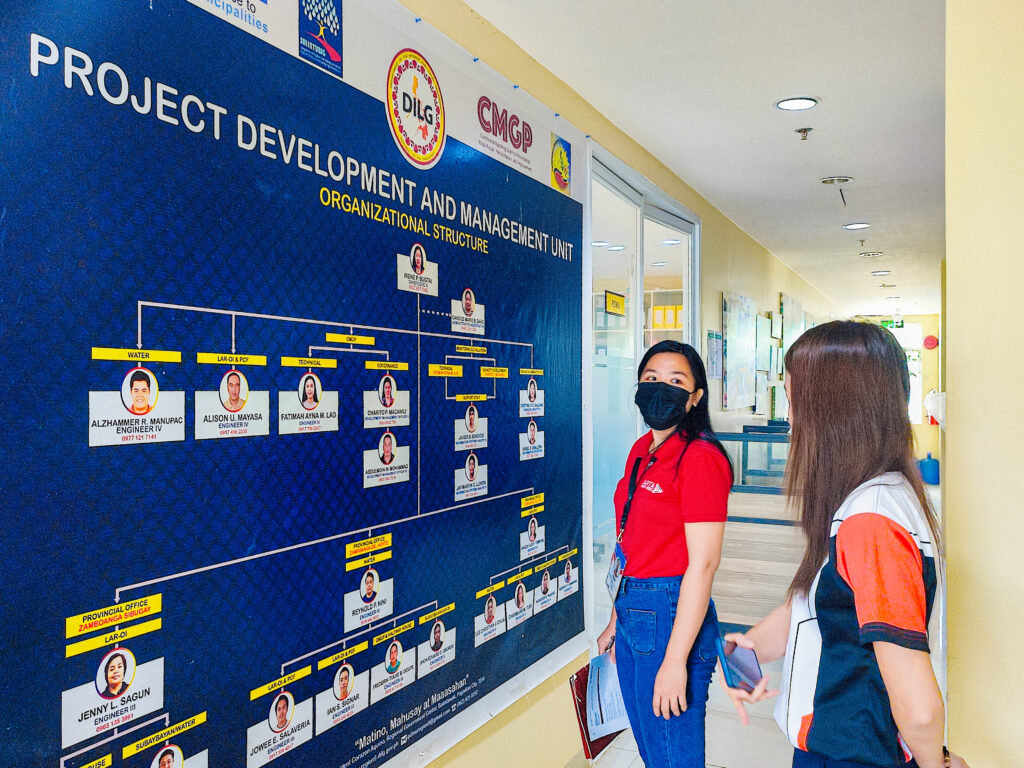
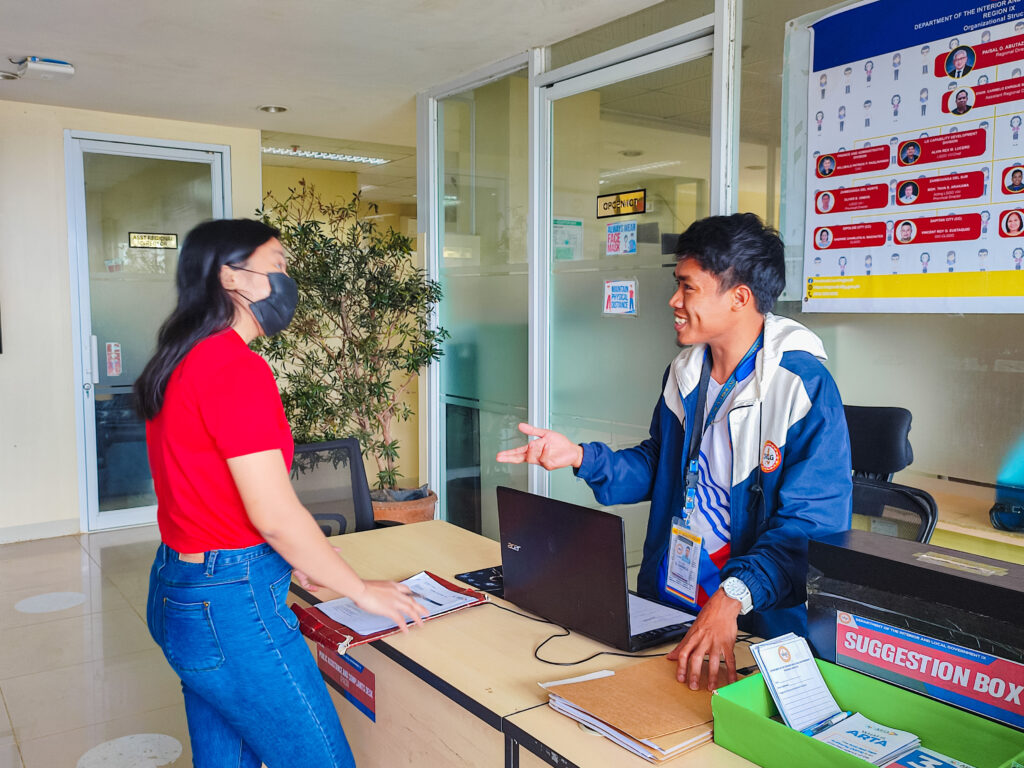
In an endeavor to uphold the standards of efficient government service delivery, the Anti-Red Tape Authority (ARTA) dispatched its representatives to conduct a comprehensive assessment of the Department of Interior and Local Government (DILG), Regional Office IX, situated in Pagadian City. The monitoring inspection, held on August 16, 2023, aimed to evaluate both internal and external processes in adherence to Republic Act No. 11032, also known as “The Ease of Doing Business and Efficient Government Service Delivery Act of 2018.”
A dialogue ensued post-inspection, convening ARTA delegates including Ms. Jovelyn P. Locsin and Ms. Jeceryl P. Catalan, alongside DILG officials led by Assistant Regional Director Carmelo Enrique B. Libot, CESO V. The meeting highlighted observations and recommendations for refining the agency’s processes, fostering a more streamlined and citizen-centric service environment.
Addressing external processes, Ms. Locsin commended the DILG for the visible placement of a citizen’s charter information billboard at the entrance. However, she urged a refined focus on external services, emphasizing the importance of clarity and simplicity in detailing service types, requisites, step-by-step guides, processing timeframes, designated personnel, and any relevant charges. She advocated for explicit communication on fee exemptions to bolster transparency and eradicate potential red tape.
Ms. Locsin also praised the agency’s proactive practices, spotlighting the presence of the Citizen’s Charter Handbook at transaction windows and the public assistance and complaints desk. Yet, her recommendations included incorporating avenues for complaints, local hotlines, accurate focal person identifications, and an update to the Committee on Anti-Red Tape (CART) to exclude former members no longer connected with the DILG.
Shifting focus to internal processes, Ms. Catalan acknowledged DILG’s adherence to crucial elements like feedback mechanisms, operational hours, and proper identification practices. Her recommendations aimed at inclusivity, urging the establishment of priority lanes for senior citizens, persons with disabilities, and pregnant women. She also urged DILG to collaborate with the Department of Information and Communications Technology for seamless online transactions with local government units (LGUs).
Expressing gratitude for ARTA’s insights, ARD Libot reaffirmed DILG’s commitment to absorb the suggestions and implement improvements. He assured ARTA of a noticeable positive transformation in subsequent visits, underscoring the shared objective of efficient and people-centric service delivery.
As ARTA’s evaluation sheds light on both commendable practices and areas for growth within DILG, the stage is set for a more effective and citizen-responsive administration of government services, ensuring smoother interactions and enhanced service quality.
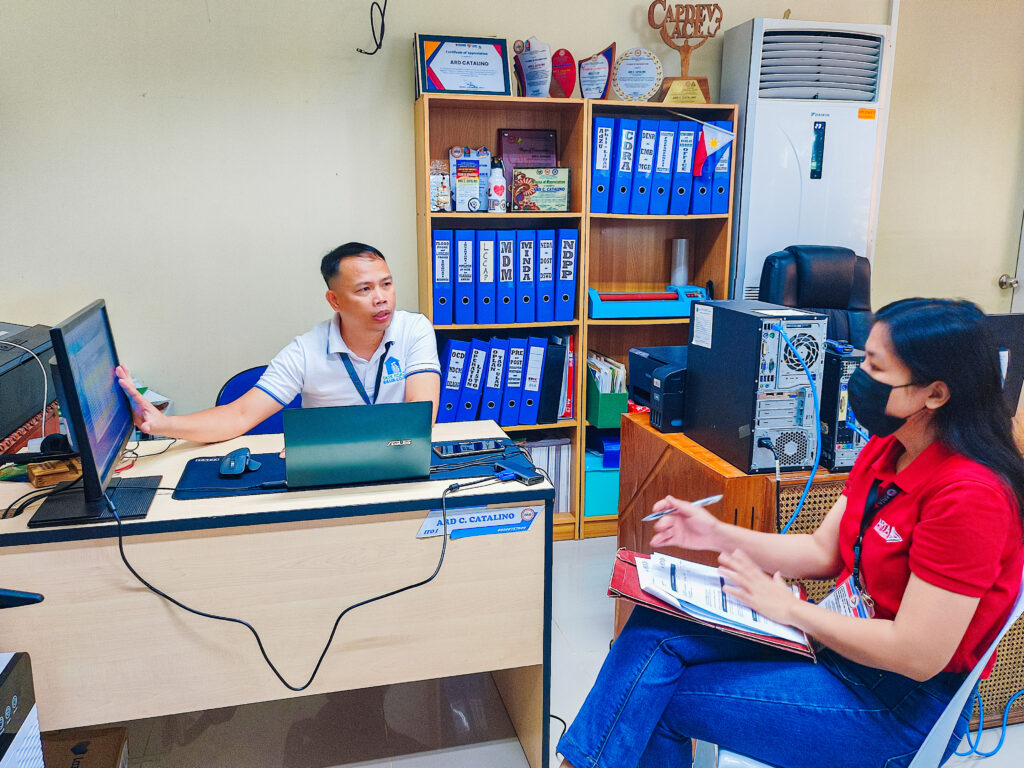
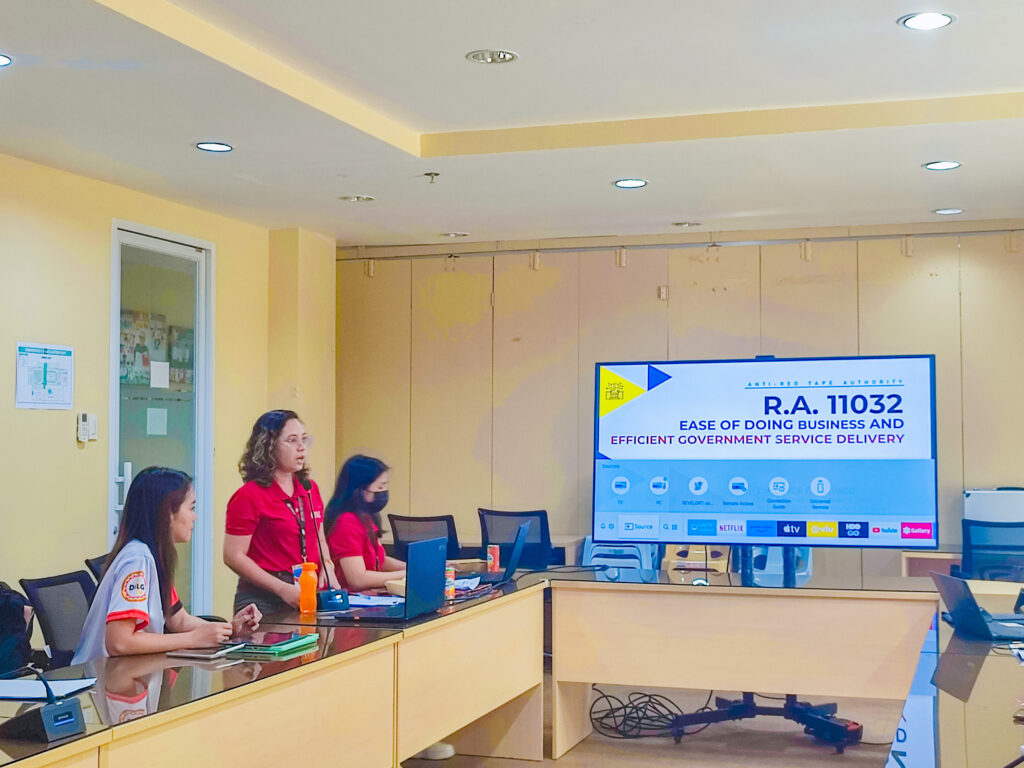

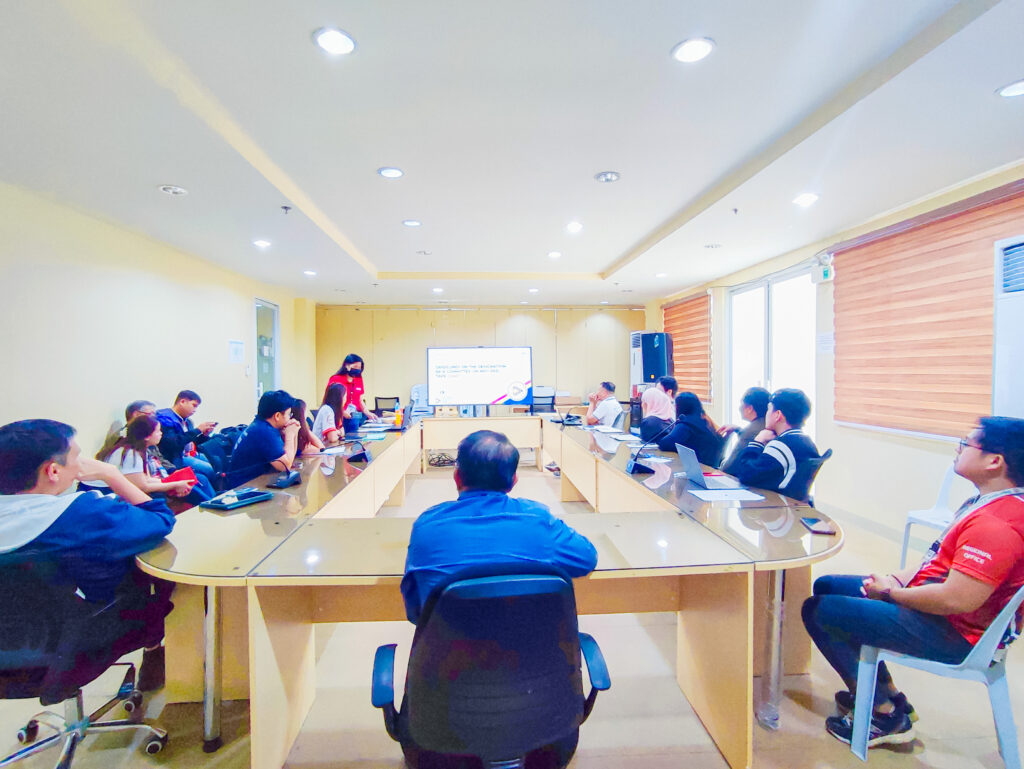








 View All Videos
View All Videos